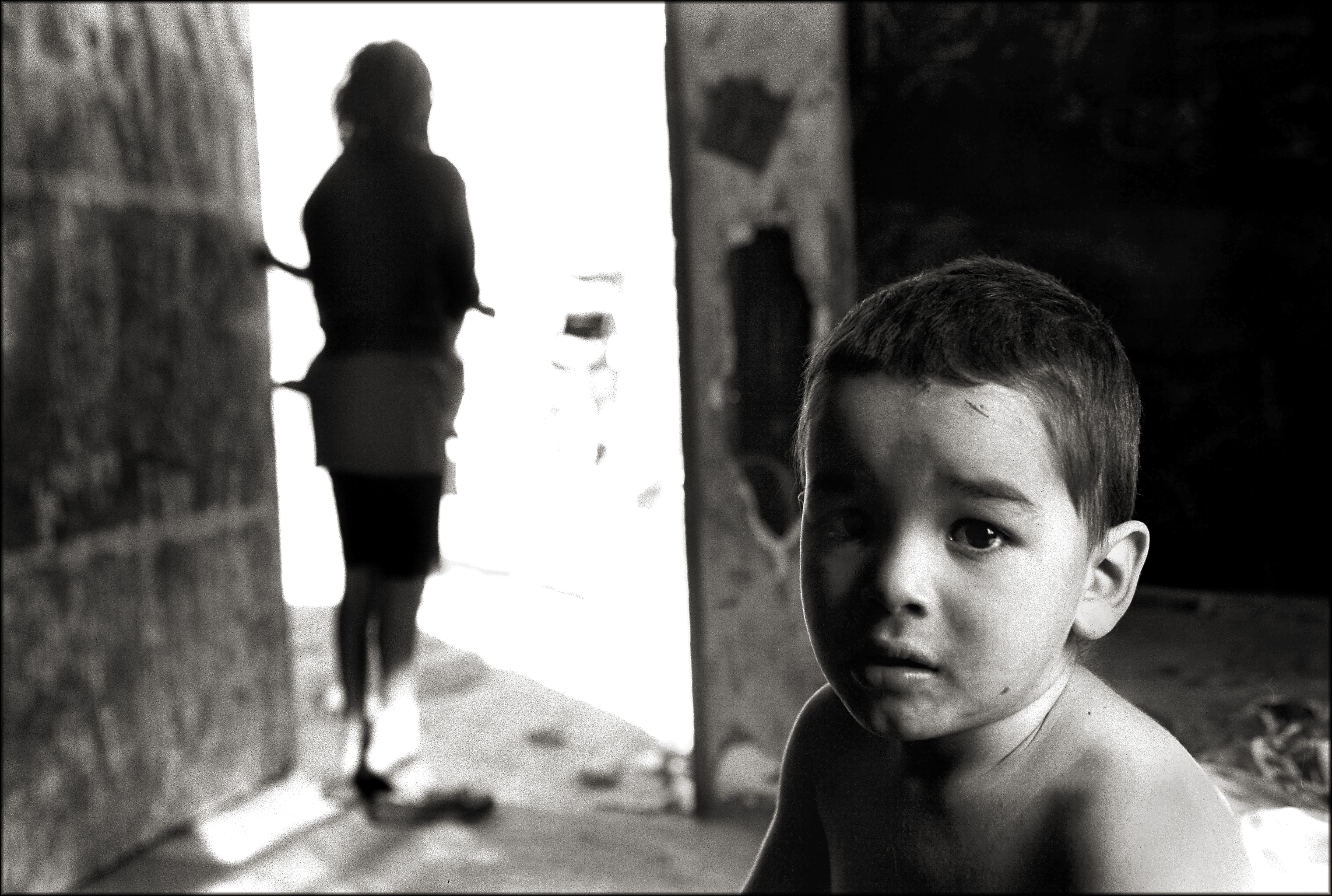A few months ago, the conditions in which migrants were kept in Customs and Border Patrol (CBP) processing facilities received wall-to-wall news coverage. It was all anybody was talking about or thinking about. But, as is the way of things in these horrifying days, it isn’t front and center today. We aren’t staring straight at it.

There are horrible things happening on every imaginable front, including further attacks on immigrant families within the United States – everything from sweeping ICE raids to the public charge regulation – all of which are designed to create maximum fear, chaos, and damage to families and communities. We are in the middle of a war on immigrant communities, and a war on children throughout this country. It isn’t so much that we are looking away, it’s just hard to know where to focus.
But this week we are given another chance to refocus on the breathtaking cruelty of this Administration’s treatment of immigrants. A group of advocacy organizations filed a complaint with the oversight agencies of DHS and the FBI regarding conditions for children in Customs and Border Protection (CBP) custody. (As a brief reminder, the CBP facilities are the processing centers used to house migrants immediately after they have crossed the border, different from the longer-term detention centers run by ICE.) The complaint includes survey results from 200 mothers who spent time in CBP custody with their children prior to being detained in the nation’s largest family detention facility in Dilley, Texas. The complaint also highlights the firsthand accounts of mothers who attest in detail to CBP’s systematic failure to provide adequate medical care to their children.
This report is extremely difficult to read. The co-authoring organizations (AILA, the American Immigration Council, and CLINIC) did a masterful job of highlighting the personal impact of these stories. A pregnant woman in labor is taken to the hospital to deliver her baby, only to be brought back hours later with no supplies, just a brand new infant to be cared for in the freezing cold, squalid conditions of the hielera (“ice box”) with only a mylar blanket for warmth. Mothers whose children are so sick they are vomiting 12 times an hour or developing serious urinary tract infections. Infants with such intense diarrhea that they need a new diaper every ten minutes. Children with fevers in soaking wet clothing, their dry clothing confiscated, and guards refusing to give them dry clothing to change into in the freezing cold of the hielera. Sick children who only receive attention when they move past obvious distress, past listlessness and fever, and into convulsive seizures. Mothers who are reduced to begging for medical attention, basic sanitation, trying desperately to get their severely ill children the care they need, only to be met with silence, with rejection, with cruelty.
As difficult as it is to read these stories, it is essential that we do so – that we focus our attention on that which is intolerable, illegal, cruel, and deliberate. It is equally important that we focus on the other component of the report – that is, a careful accounting of the many ways in which these documented behaviors and policies on the treatment of migrants is in direct violation of CBP’s own regulations and rules regarding how migrants are to be treated, what provisions are to be made for their safety and sanitation, and how long they are to be kept in CBP processing centers. On the whole, this complaint is a scorching rebuke of CBP protocols, and we must do all in our power to lift up these stories, to make sure we as a nation do not look away from the fact that our government perpetrated such grave injustice upon those seeking safety on our shores.
Read the complaint: Deprivation of Medical Care to Children in CBP Custody
Article written by Senior Policy Associate Cheasty Anderson
